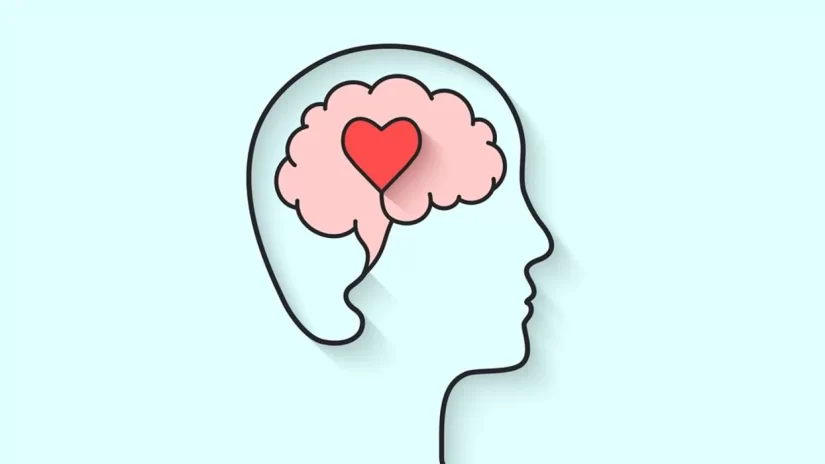Is Wing Chun Good for Mental Health?
By Maurice Novoa a master under the Yuen Kay Shan, Ip Man and Pan Nam lineages.
Introduction:
Martial arts have long been revered for their physical benefits, but their impact on mental health is often overlooked. Among the many martial arts disciplines, Wing Chun stands out as a unique system that can have a positive impact on both physical and mental well-being. Originating from southern China, Wing Chun is a highly effective self-defense system that focuses on efficiency, relaxation, and redirecting an opponent’s energy. In this article, we will explore how Wing Chun can contribute to mental health and well-being.
Understanding Mental Health
Before delving into the potential benefits of Wing Chun for mental health, it is crucial to establish a clear understanding of what mental health entails. Mental health encompasses a person’s emotional, psychological, and social well-being. It affects how people think, feel, and act, and also influences how individuals handle stress, make choices, and interact with others. It is essential to prioritize mental health and adopt practices that promote overall well-being.
Building Discipline and Focus Through Wing Chun
One of the fundamental aspects of Wing Chun is the cultivation of discipline and focus. Practitioners are encouraged to be fully present and engaged in their training, developing mental clarity and concentration. Wing Chun’s intricate techniques require precise movements and coordination, which demand mental focus. This emphasis on concentration can help individuals improve their ability to concentrate on tasks outside of the training environment, enhancing overall productivity and performance in daily life.
Stress Reduction and Emotional Well-being
Regular practice of Wing Chun can provide an effective outlet for stress reduction. Engaging in physical activity, such as martial arts, releases endorphins, the body’s natural mood enhancers. These endorphins help combat stress, reduce anxiety, and alleviate symptoms of depression. Additionally, Wing Chun training often includes mindfulness exercises, such as breathing techniques and meditation, which promote relaxation and emotional well-being. Such practices can help individuals manage their emotions better and maintain a more balanced mental state.
Self-Confidence and Empowerment
Wing Chun training fosters self-confidence and empowerment, both of which are essential for maintaining good mental health. As individuals progress in their training, they become more proficient in the techniques and gain a sense of accomplishment. This growth in skill and knowledge enhances self-confidence, enabling practitioners to face challenges in various aspects of life with greater assurance. Moreover, Wing Chun emphasizes understanding one’s body mechanics, teaching individuals to use their strengths effectively. This empowerment can positively influence mental health by fostering a sense of self-worth and resilience.
Mind-Body Connection and Emotional Regulation
Wing Chun’s focus on the mind-body connection can significantly impact emotional regulation. The discipline encourages practitioners to develop an acute awareness of their body and its reactions to different stimuli. By cultivating this connection, individuals can better identify and manage their emotions. Understanding one’s physical responses can enable practitioners to navigate and respond to stressful situations more effectively, leading to improved emotional regulation and mental well-being.
Community and Social Interaction
Engaging in Wing Chun often involves joining a community of like-minded individuals who share a common passion for the martial art. The sense of community and social interaction that comes with being part of a Wing Chun group can have a positive impact on mental health. Building relationships, collaborating with others, and sharing experiences contribute to a sense of belonging and support. This support network can provide emotional resilience during challenging times and improve overall mental well-being.
Conclusion
While Wing Chun is primarily recognized for its self-defense effectiveness, its influence on mental health should not be underestimated. From developing discipline and focus to alleviating stress and enhancing emotional well-being, this martial art offers a comprehensive approach to mental wellness. Through its emphasis on the mind-body connection and fostering self-confidence, it empowers individuals and strengthens their mental resilience. Additionally, the social interaction and community fostered within this practice yield further benefits for mental health. Ultimately, integrating this discipline into one’s lifestyle can greatly contribute to overall well-being.

